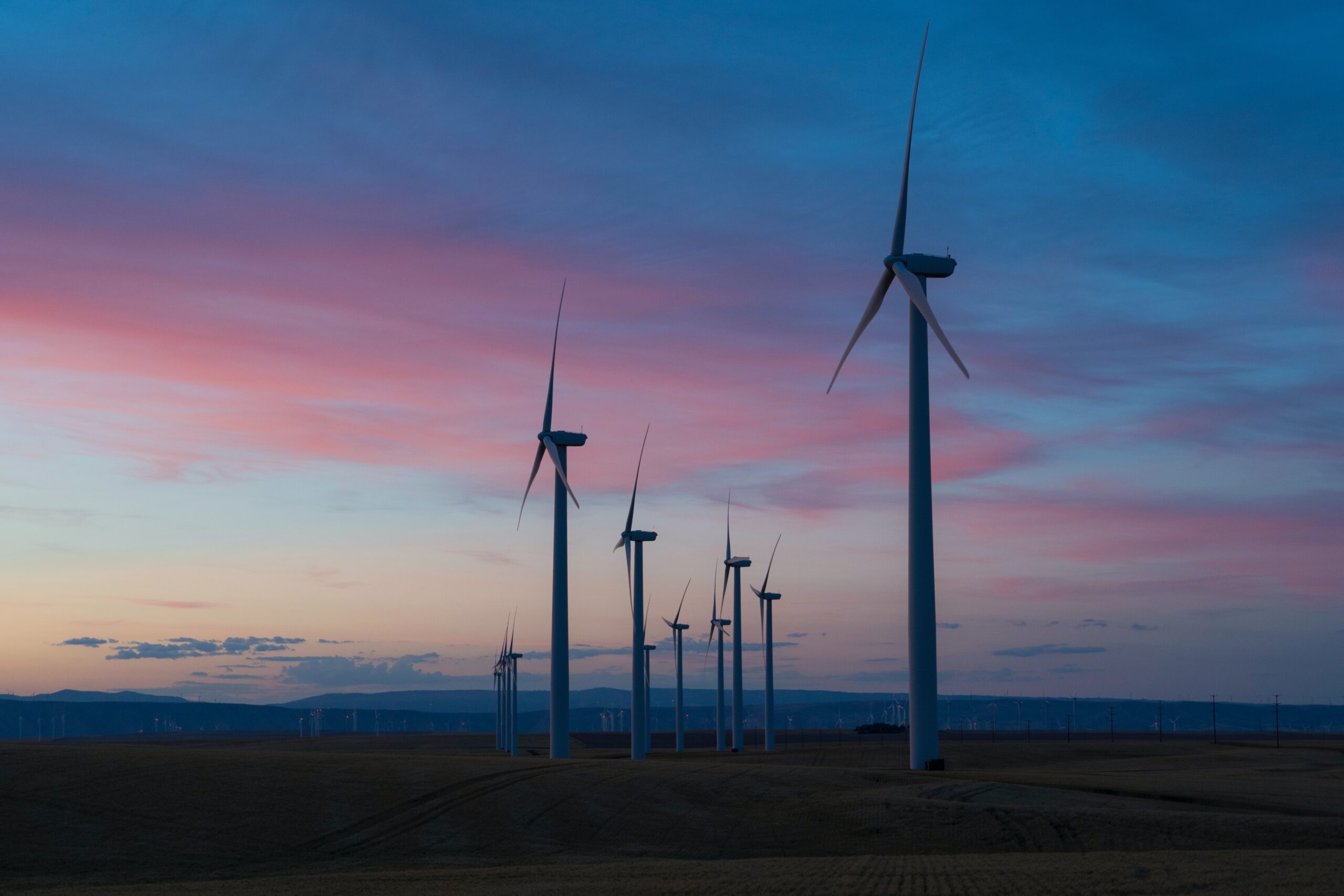
COP27 is around the corner – what’s the state of play for climate action?
What’s happening? The UN Environment Programme (UNEP) has calculated that countries’ current emissions reduction pledges will result in global warming of 2.4-2.6C. Only 24 countries have submitted new targets, called Nationally Determined Contributions (NDCs), since COP26. (The Guardian)
Why does this matter? Just a few days before the next global climate summit (COP27) takes place in Sharm el-Sheikh, Egypt, several high-profile organisations have published reports on the current state of climate change and global climate action. Together with the Intergovernmental Panel on Climate Change’s Sixth Assessment Report, their findings provide a stark warning to decision-makers to accelerate their efforts to cut greenhouse gas emissions and transform key areas of society to avoid catastrophic climate impacts.
What exactly does the UN say? The UNEP’s Emissions Gap Report 2022 summarises the global progress on climate action based on countries’ official NDCs for 2030. It finds that these short-term pledges will cut emissions by 5-10% compared to a business-as-usual scenario by the end of the decade, whereas limiting warming to 2C or 1.5C would require a 30% or 45% reduction, respectively.
If all unconditional short-term pledges are met, the world will have a 66% chance of limiting global warming to 2.6C by 2100, the report says. Conditional pledges – those made by developing countries that depend on financial assistance from wealthier nations – could save an additional 0.2C. Yet if only existing policies are considered, the world is headed towards 2.8C of warming – indicating a persistent gap between rhetoric and action.
But what about all the net-zero targets? While the UNEP report acknowledges progress on establishing long-term net zero targets – which, in theory, could limit global warming to 1.8C – it notes that this is not a “credible” scenario due to the significant discrepancy between current emissions, short-term pledges and long-term ambitions. Given the limited time to close the gap, the UN warns that “urgent system-wide transformation” rather than incremental change is now needed to bring the world in line with the Paris Agreement.
No sector is on track – This notion is backed by another recently published report from the World Resources Institute, Climate Analytics and others. The State of Climate Action 2021 analysis looks at 40 indicators in different key sectors that are crucial for tackling climate change. It finds that none of them are on track to reach the 2030 targets.
The research identifies eight “bright spots”, such as the growing share of renewables in the electricity mix and light-duty electric vehicle sales, which are moving at a promising yet insufficient pace.
But progress on a further seventeen indicators, including the use of sustainable fuels in aviation and shipping, green hydrogen production and energy intensity of building operations, is well below the required pace. The report notes that the phase-out of unabated coal power, for example, needs to happen five times faster, while climate finance has to increase thirteen times faster to reach the $5tn needed annually by 2030.
On top of that, three key areas – deforestation, agricultural greenhouse gas emissions and the share of trips made by private light-duty vehicles – are heading in the wrong direction and require a full U-turn, according to the report.
The climate doesn’t wait for us – Meanwhile, the World Meteorological Organization has warned that atmospheric concentrations of greenhouse gases hit record levels last year, highlighting the urgency to act. Carbon dioxide levels are now at 149% of pre-industrial levels, nitrous oxide 124% and methane – which saw the biggest YoY increase in 2021 – 262%.
To address this, governments will have to significantly strengthen their emissions reduction pledges over the next two weeks while providing countries already suffering from worsening climate impacts with the finance they need. There is a lot to do in Egypt.


